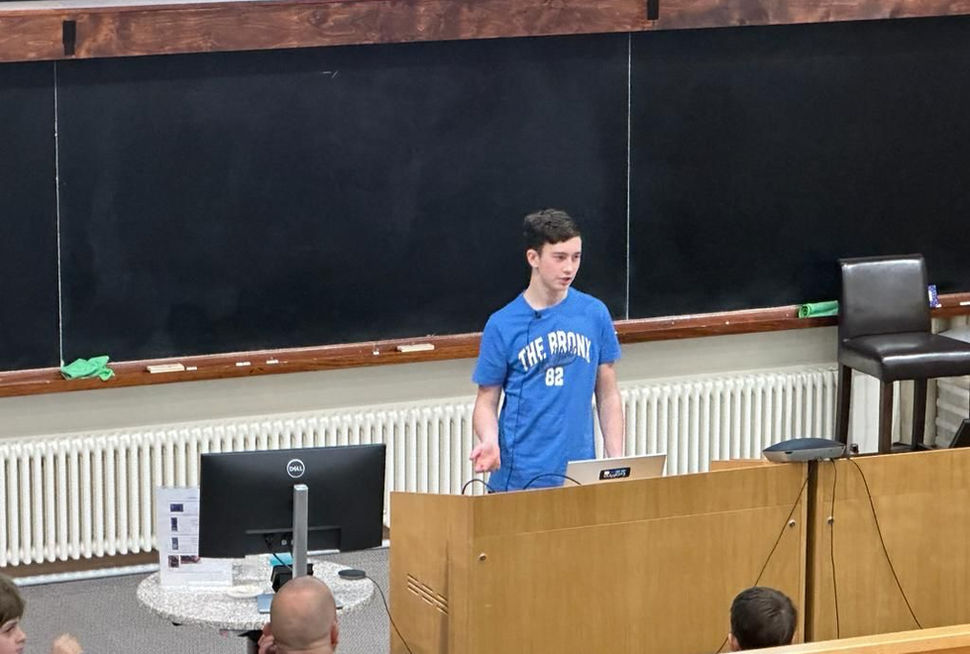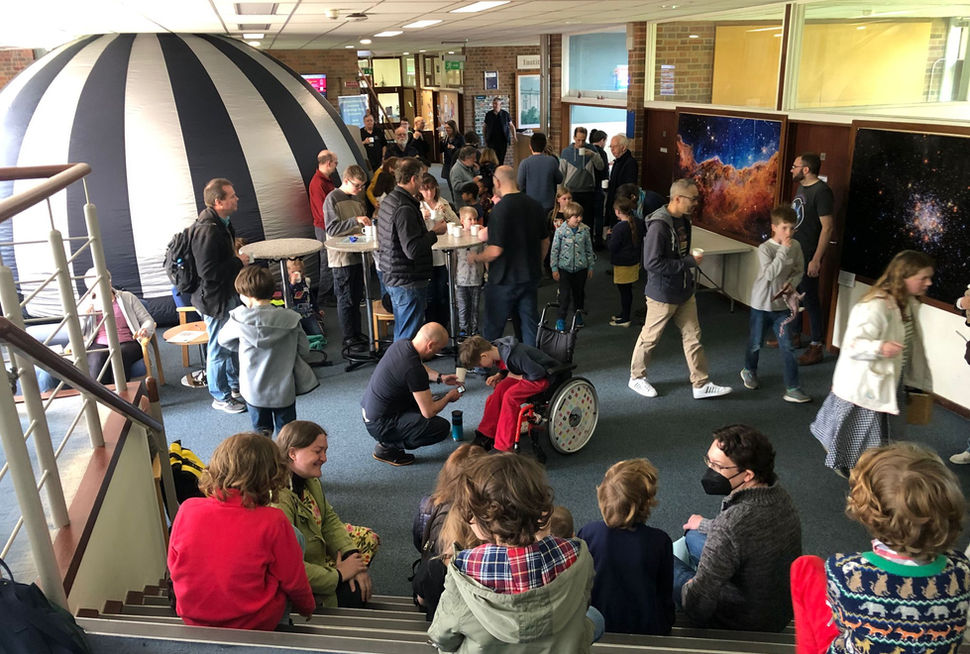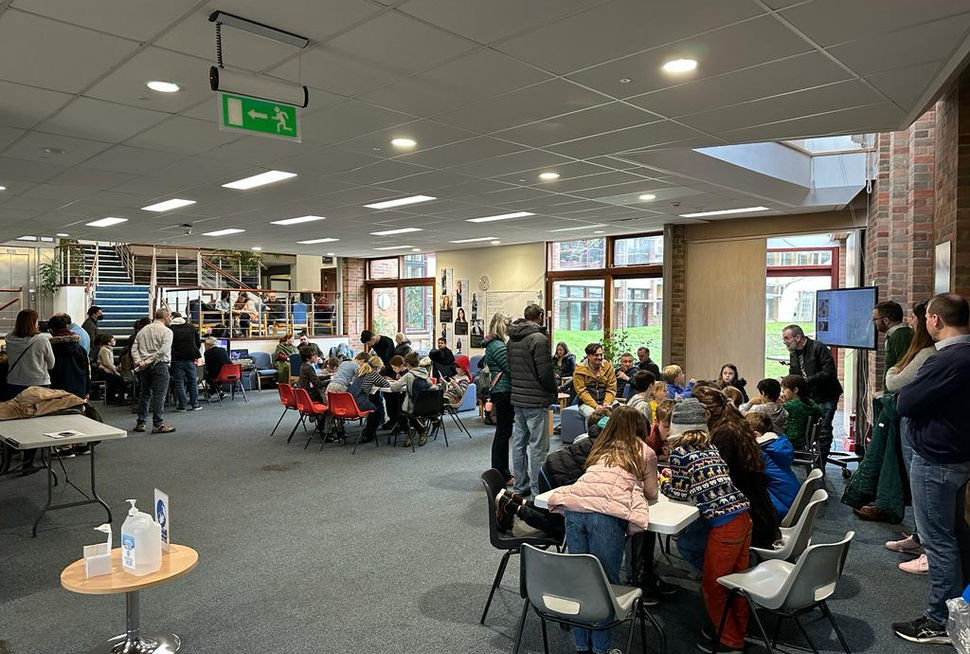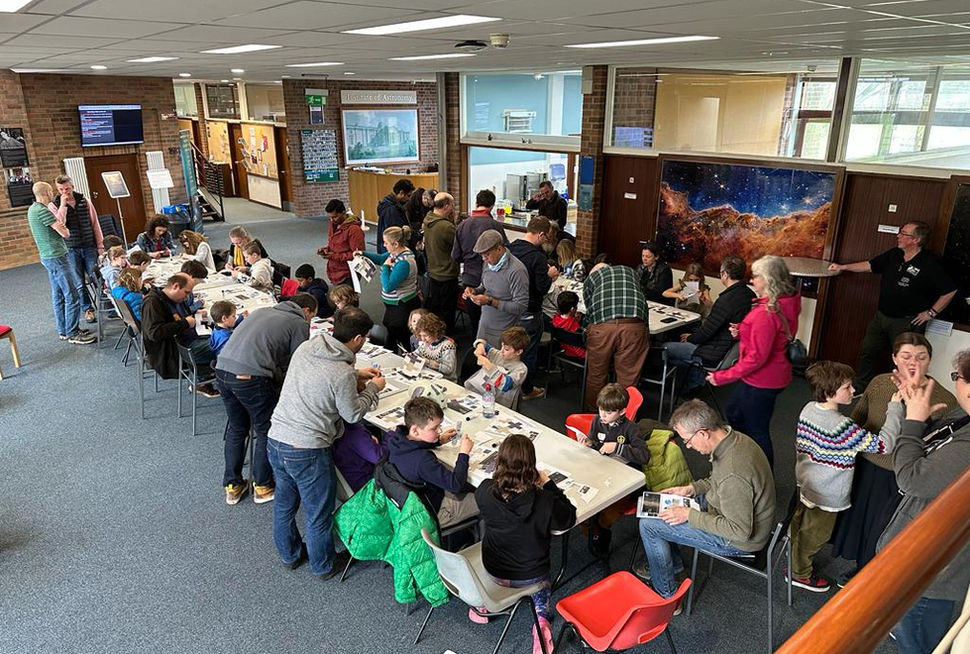

CYA Events
Cambridge Young Astronomers is a great opportunity for children from the age of 7 to 11 to learn about Science and Astronomy from a very young age. It consists of group meetings where children have the opportunity to do fun activities while learning. Some of the speakers at the CYA are teenagers from our CA+ (Cambridge Astro Plus) events.
Location: Our events are usually held at the Institute of Astronomy (IoA)
A map and directions to the IoA are here.
Coach trips start from the IoA car park.
We often have a Star Party in September/October and will organise other events to coincide with any unusual astronomical occurrence, such as an eclipse or a bright comet.
You can join our mailing list for reminders at the bottom of this page on the footer.

 CAA Annual General MeetingFri, 18 AprInstitute of Astronomy
CAA Annual General MeetingFri, 18 AprInstitute of Astronomy
 The Asteroids - please note that this is on the 3rd Saturday (not the 4th) of the monthSat, 19 AprInstitute of Astronomy
The Asteroids - please note that this is on the 3rd Saturday (not the 4th) of the monthSat, 19 AprInstitute of Astronomy
 Brown Dwarf stars and Rogue Planets (note this is the 4th Saturday in May, not the last one)Sat, 24 MayInstitute of Astronomy
Brown Dwarf stars and Rogue Planets (note this is the 4th Saturday in May, not the last one)Sat, 24 MayInstitute of Astronomy
 CYA/CAA Visit to National Space Centre LeicesterSat, 20 SeptDeparting from Institute of Astronomy
CYA/CAA Visit to National Space Centre LeicesterSat, 20 SeptDeparting from Institute of Astronomy







